Julia the Elder: A Portrait of Ancient Roman Virtue and Scholarship
The Life and Legacy of Julia the Elder
Introduction
Julia the Elder (c. 47 AD – 149 AD), also known as Julia Domna or Julia Paulina, was a prominent figure in Roman society during her time. She served not only as a wife to Emperor Septimius Severus but also as a significant patron of Roman culture and scholarship. This article delves into her life, her influence on her husband’s reign, her contributions to literary and philosophical discourse, and her lasting legacy.
Historical accounts suggest that Julia the Elder was born around 47 AD in what is now Lebanon, though some sources claim she may have been born in Rome. Her father, Julius Bassianus, became a prominent Syrian politician, which would likely have provided her with a solid grounding in politics and societal norms.
Her marriage to Septimius Severus, an ambitious Roman general who would go on to become co-emperor and later emperor in his own right, was politically strategic and ultimately beneficial. Their union was more than just dynastic—it was one of intellectual and cultural collaboration. Julia’s education and intellectual pursuits were unparalleled for a woman of her time, and these traits would play a crucial role in shaping the political atmosphere and cultural environment during Severus’ reign.
Septimius Severus was known for his pragmatic and military approach to governance, while Julia’s influence often added a veneer of cultural refinement and sophistication. Together, they worked to establish a new image for the Roman Empire, one that combined military strength with cultural and educational advancements.
Early Years and Marriage
Julia grew up in a family that laid the groundwork for her future contributions. Her father, Julius Bassianus—a high-ranking Syrian statesman—introduced her to the intricacies of Roman politics and society. This early exposure was invaluable for someone destined to become a central figure in her husband's court.
She married Septimius Severus shortly after his rise to prominence through his military career. The union was marked by mutual respect and shared ambitions. Julia’s intelligence and charm quickly won her respect among the ruling elite, including the senatorial class. Unlike many Roman women who had limited interaction with the wider public, Julia was an exception. She was well-versed in philosophy, literature, and the arts, making her a respected companion and confidante.
Her marriage to Severus brought about significant changes in his life. Before their union, Severus had been a successful general, with notable victories under Marcus Aurelius. However, it was Julia who encouraged him to pursue higher office. She pushed him to secure positions such as consul and governor, eventually leading him to become emperor. Throughout their marriage, Julia remained a guiding force, supporting and advising him as he navigated the complexities of imperial power.
Life as Empress
As empress, Julia occupied a unique position within the Roman imperial court. Unlike previous wives, who were often ignored or marginalized, Julia actively participated in courtly affairs and exercised considerable influence. She was known for her intelligence, grace, and cultural accomplishments, all of which elevated her status within the imperial circle.
Under Julia’s patronage, the Imperial Household became a center of intellectual and cultural activity. Scholars, poets, and philosophers flocked to her courts at Lyon (now part of modern France) and Antioch (now Antakya in Turkey), seeking her favor and support. Julia’s keen interest in literature, philosophy, and other arts brought her into close contact with many prominent figures of her time, such as the philosopher Apollonius of Tyana and the historian Cassius Dio.
One of the most significant impacts of Julia’s presence in the imperial court was the establishment of cultural programs and institutions. She funded libraries, commissioned works of art, and sponsored public lectures and discussions. These initiatives helped to foster a culture of learning and debate, contributing to the intellectual climate of the Roman Empire’s eastern provinces.
Additionally, Julia played a crucial role in mediating disputes between her husband and the Senate. Her diplomatic skills and understanding of Roman politics were invaluable in maintaining harmony between the civilian and military leadership. Despite the traditional power dynamics, Julia’s influence was recognized and valued, allowing her to wield considerable soft power in the empire.
Cultural Patronage and Intellectual Contributions
Julia the Elder’s influence extended far beyond the confines of imperial courts; she was a significant intellectual force herself. Her extensive literary output and patronage of other scholars have left behind a rich legacy of Roman literature and philosophy.
Rather than producing her own literary works during her lifetime, Julia commissioned and promoted numerous authors of her era. Among her most notable commissions was the historical work known as the Histories, written by Cassius Dio, a Roman politician and historian. The Histories covers a vast span of Roman history and is still regarded as a valuable source by modern historians. Other authors who benefited from Julia’s patronage included Lucian, a well-known satirist and rhetorician, and Celsus, a physician and philosopher. Through these connections, Julia helped shape the cultural landscape of the Roman era.
Intellectually, Julia was particularly drawn to genres such as poetry and epigrams. She engaged in composing her own verses, showcasing her sophisticated linguistic talent and ability to convey complex emotions through verse. Her literary contributions reflected a deep engagement with contemporary trends in Roman poetry and prose, demonstrating her command over the classical tradition.
In addition to literary patronage, Julia also supported the development of philosophy and scientific inquiry. Her patronage extended to thinkers and scientists, encouraging them to delve into various fields of study. She funded research and experimentation, fostering an environment where knowledge could flourish without the immediate constraints of practical application.
Besides her literary and cultural contributions, Julia is remembered for her philanthropic deeds. She commissioned public works and supported various charitable causes, demonstrating her commitment to improving the lives of the common people. This aspect of her legacy further enhanced her reputation as a well-rounded and benevolent leader, both in the imperial household and in the broader society.
Impact on Roman Society
The impact of Julia the Elder on Roman society was multifaceted and profound. As a woman in a male-dominated world, her presence and actions defied gender norms and set a precedent for future generations of female leaders.
Julia’s intellectual and cultural contributions significantly influenced the social and intellectual life of the empire. By sponsoring a range of artists, writers, and thinkers, she helped establish a vibrant cultural scene in the provinces. Her support for literary and artistic endeavors contributed to the cultural richness that characterized the reign of Septimius Severus.
In addition to promoting culture, Julia worked tirelessly to enhance literacy rates and educational standards. She initiated various educational initiatives aimed at improving the quality of instruction and accessibility of knowledge. These efforts were instrumental in fostering an educated populace, thereby strengthening the fabric of Roman society.
Her patronage also supported the advancement of science and medicine. Julia’s sponsorship of scholarly works and experimental research promoted progress in these fields, ensuring that knowledge could be disseminated and applied to address societal challenges.
As a mother to two sons, Caracalla and Geta, Julia played a crucial role in instilling values of wisdom, discipline, and benevolence in her children. Although tensions arose between her sons later in life, her role as a moral guide and educator undoubtedly shaped their formative years. This legacy of family-oriented values and personal virtue continued to resonate within the Roman noble class long after her death.
Legacy and Influence
Julia the Elder’s enduring legacy is marked by her remarkable contributions to Roman literature, her cultural patronage, and her multifaceted role within the imperial court. Beyond her direct influence, her example set a precedent for women aspiring to leadership roles and cultural engagement.
Modern scholarship continues to admire Julia for her intellectual achievements and her pioneering role as a female intellectual and scholar. Although she lived nearly two millennia ago, her story serves as a powerful reminder of the ways in which a combination of intelligence, ambition, and cultural dedication can lead to significant societal impact.
As a beacon of female empowerment and cultural advancement, Julia’s legacy remains relevant today in an era where the roles of women in society are constantly evolving. Her story offers insights into the complexities of navigating gender dynamics and the rewards of pursuing knowledge and excellence.
In conclusion, Julia the Elder was a remarkable figure whose contributions significantly shaped Roman society during her time. Through her intellect, her patronage, and her influence, she left behind a rich and lasting legacy that continues to inspire scholars and historians today.
Negotiation of Power Dynamics
In the context of imperial politics, Julia the Elder navigated the delicate balance of power dynamics within the Roman court. Her ability to influence and negotiate with individuals ranging from influential senators to distant barbarian tribes was a testament to her strategic acumen and diplomatic skill.
One of the key aspects of her influence lay in her relationship with the Senate. Despite the traditional tension between the imperial household and senatorial circles, Julia maintained harmonious relations. Her efforts were aimed at creating a collaborative rather than adversarial environment. This approach was crucial in ensuring that the empire could function effectively and that the interests of both the imperial family and the senatorial class were aligned.
Her interactions with Septimius Severus’ army units also reveal her strategic prowess. Understanding that the army formed the backbone of imperial stability, Julia sought to maintain good relations with the soldiers. She organized events such as gladiatorial games and theatrical performances, which not only entertained the troops but also strengthened their loyalty to the emperor. Furthermore, she supported the medical needs of the soldiers and their families, creating a supportive environment that ensured their allegiance to Severus and his successors.
Internationally, Julia played a significant role in diplomacy. Her diplomatic missions often involved negotiating terms with barbarian tribes along the northern and eastern frontiers of the Empire. Her efforts to forge alliances and secure peace helped maintain the security of the empire. For instance, she worked closely with the Nabataeans in the Middle East, securing favorable terms that protected trade routes and maintained peace.
Julia’s influence was not limited to internal politics but also extended to the appointment of trusted officials. She worked closely with her husband to ensure that capable and loyal servants were placed in key positions throughout the empire. This strategic placement of trusted individuals allowed the Severan regime to operate smoothly and efficiently, reinforcing the stability and cohesion of the empire.
Controversies and Trials
Despite her many achievements and positive influence, Julia’s reign was not without controversy. In her later years, particularly after the assassination of her younger son Geta in 212 AD, she faced significant criticism and even political ostracism. The tensions following this traumatic event strained the relationships between Julia and Caracalla.
Caracalla’s accession to the throne marked a dramatic shift in the imperial regime. He viewed his mother and step-brother Geta with suspicion, especially after their alleged conspiracy against him. Caracalla accused Julia of being complicit in Geta’s murder and expelled her from the imperial palace. The political fallout from this decision led to increased tensions and ultimately resulted in Caracalla’s decision to execute anyone suspected of supporting Geta.
The aftermath of these events cast Julia in a poor light. Modern historians often attribute her expulsion to Caracalla’s desire to remove any perceived threat from her influence. However, it is important to note that the situation was complex. Julia’s own actions and statements may have contributed to the perception of disloyalty, despite her claims of innocence.
Nonetheless, the loss of her prominent position in the imperial court did not diminish Julia’s influence entirely. She continued to interact with Caracalla, who allowed her to maintain a degree of public standing. However, any attempts to assert her authority were met with hostility. Caracalla’s reign saw a significant curtailment of Julia’s traditional influence, marking a period of reduced political clout.
The Last Years and Death
Julia’s final years were marked by a mixture of sorrow, resilience, and continued cultural engagement. Following her removal from political life, Julia retreated into her private affairs, focusing her energy on literary pursuits and continuing to support scholarly endeavors.
During her later life, Julia composed her memoirs, providing a rare glimpse into the inner workings of the Severan court. These writings offer valuable insights into her perspective on imperial governance and the challenges she faced as a female figure in a male-dominated society. While the exact content of these works remains unknown, their very existence highlights Julia’s continued engagement with intellectual pursuits.
Her last years also saw the continuation of her patronage of the arts and letters. Despite the limitations placed upon her, Julia remained committed to fostering a culture of intellectual exchange. She supported emerging talent and encouraged the production of works that celebrated Roman virtues and values. Her legacy as a patron continued to be felt long after her death.
Julia the Elder passed away in 149 AD, leaving behind a complex and contradictory legacy. While she was admired for her intellectual achievements and cultural contributions, her later years were marked by controversy and political struggles. Her life serves as a poignant reminder of the challenges faced by women in ancient societies and her enduring contribution to Roman culture and scholarship.
In closing, Julia the Elder stands as a remarkable individual whose life and legacy continue to fascinate historians and scholars. Her multifaceted role, spanning from imperial politics to cultural patronage, underscores the transformative potential of a woman who chose to challenge conventions and shape her destiny. Despite the controversies and challenges she faced, Julia’s enduring influence ensures her place among the distinguished figures of Roman history.
Although these narratives highlight various aspects of her life, there is much more to uncover and explore. Continued research and exploration can shed further light on the complex web of relationships, challenges, and triumphs that defined Julia the Elder’s remarkable life. Her story remains an inspiration, offering a window into the personal and professional journeys of a woman who defied expectations and left an indelible mark on Roman civilization.
Modern Interpretations and Historical Scholarship
Modern interpretations of Julia the Elder reflect a nuanced understanding of her complex character and the historical context in which she lived. Scholars grapple with the conflicting narratives presented by primary and secondary sources, often revealing contradictory views of her contributions and influence.
Some historians emphasize her positive impact, highlighting her intellectual achievements and cultural patronage. They argue that her support for literature, philosophy, and the arts played a crucial role in enriching Roman society, particularly in the eastern provinces. Scholars such as Susan Treggiari, in her book "Roman Private Life," emphasize Julia’s contributions to the cultural and intellectual life of the empire. Her commissions of works like Cassius Dio’s Histories and her patronage of artists and philosophers showcase her dedication to enriching Roman culture.
Conversely, other scholars focus on the controversies and criticisms surrounding Julia. They point to instances where she may have been seen as overly influential or interfering in state matters. For instance, some historians argue that her support for Septimius Severus and her subsequent influence over his policies may have led to a more autocratic form of rule. Michael Grant, in his works on the Severan dynasty, suggests that Julia’s presence at court may have contributed to a less transparent government, as evidenced by the restricted access of senators to imperial affairs.
In recent decades, feminist historiography has sought to reassess Julia’s position in the context of Roman gender roles. Scholars like Mary Beard and Rosalind Smith have emphasized the significance of Julia as a female intellectual and patron in a patriarchal society. Smith, in her work "Women in Roman Society" (1986), argues that Julia’s contributions cannot be overlooked because she operated in a system where few women had such opportunities. Beard, in "SPQR: A History of Ancient Rome" (2015), highlights Julia’s role in bridging the gap between the public and private spheres, emphasizing her influence beyond the imperial household.
Julia’s Impact on Women’s Roles in Society
Julia’s life and legacy have had a lasting impact on the roles of women in Roman society and beyond. Her status as an intellectual and patron challenged traditional gender norms and paved the way for future generations of women to pursue similar paths. While the Roman legal system strictly limited the rights and freedoms of women, Julia’s actions demonstrated that a woman could exert significant influence and make meaningful contributions to society.
Her example inspired other women to engage in literary and scholarly pursuits, albeit within the constraints of their的时代背景,以及她如何通过自己的智慧和贡献,在这个男性主导的社会中脱颖而出。尽管罗马法律严格限制了女性的权利,但朱莉娅·波洛娜以其成就证明了女性同样可以对社会产生深远影响。
在文化方面,朱莉娅的支持与推动无疑为罗马文学、哲学乃至科学的进步做出了重要贡献。她的赞助不仅促进了这些领域的蓬勃发展,还激励了更多女性参与其中,进而推动了社会的整体进步。
然而,朱莉娅的故事并非一帆风顺。她的影响力最终也受到了儿子塞维鲁斯二世(Caracalla)的限制。塞维鲁斯二世继位后,因怀疑朱莉娅与小儿子盖塔共谋暗杀自己,将她逐出皇宫,并且对她进行了严苛的指责。这一事件不仅导致了朱莉娅失去了一部分政治权力,也让后来的历史学者对她产生了不同的评价。
尽管如此,朱莉娅仍然继续支持文化和学术事业,直到生命的最后一刻。她晚年的生活更多地专注于个人事务,通过写作回忆录等方式保留了她对历史的认识和反思。她的故事证明了女性在古代社会中的潜能,并且她的影响至今仍被现代学者所研究。
综上所述,朱莉娅·波洛娜的一生是丰富而复杂的,她的贡献和挑战为我们提供了一个深入了解罗马时代女性地位和个人影响力的宝贵视角。
通过朱莉娅的故事,我们不仅可以看到她在政治上的重要角色,还能看到她在文化和学术领域的影响。她为我们展示了在一个男性主导的世界中,女性是如何通过自身的智慧和努力来获得认可和尊重的。
尽管有关朱莉娅的研究仍有待深入,但她的名字和事迹将永远铭刻在历史长河之中。
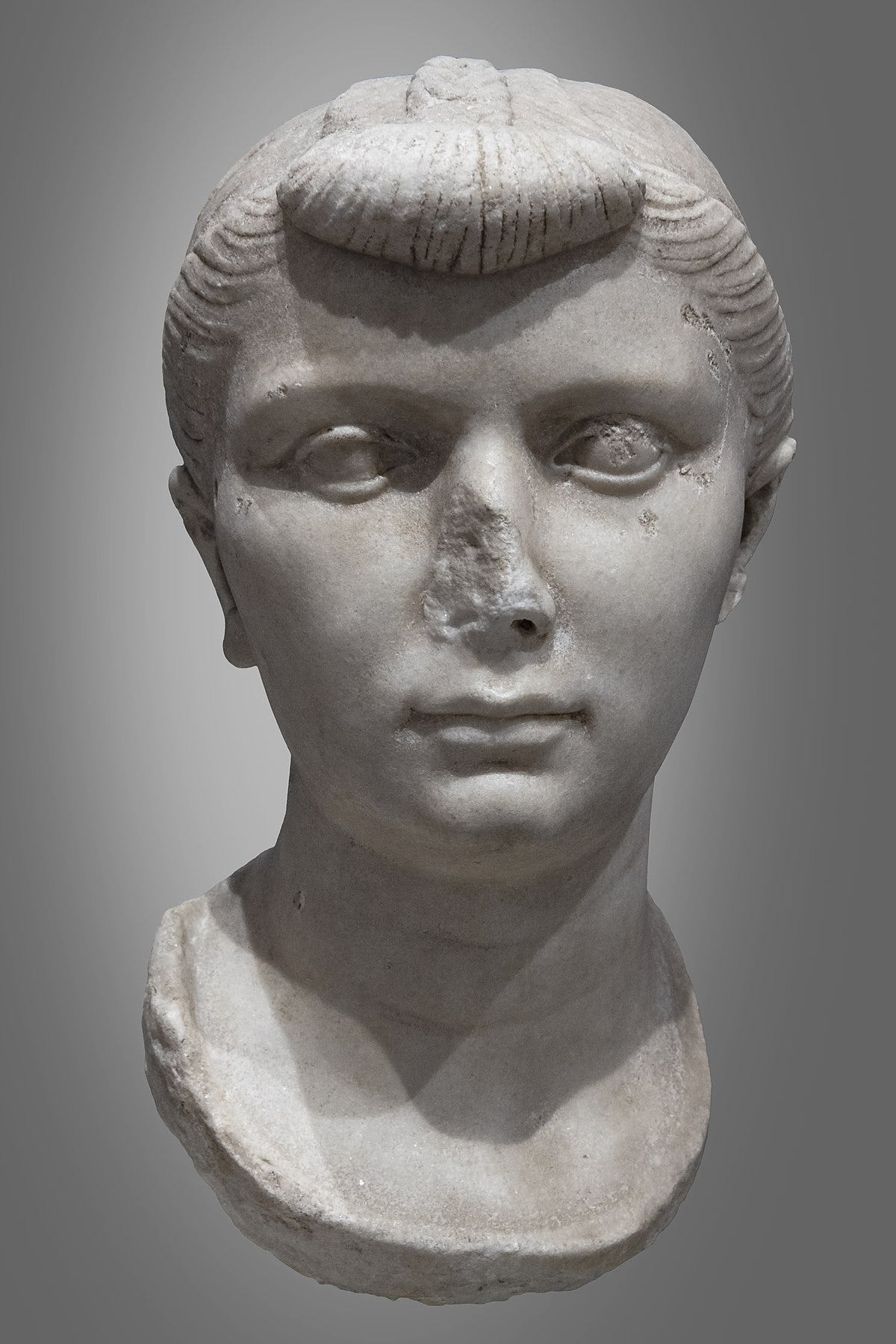
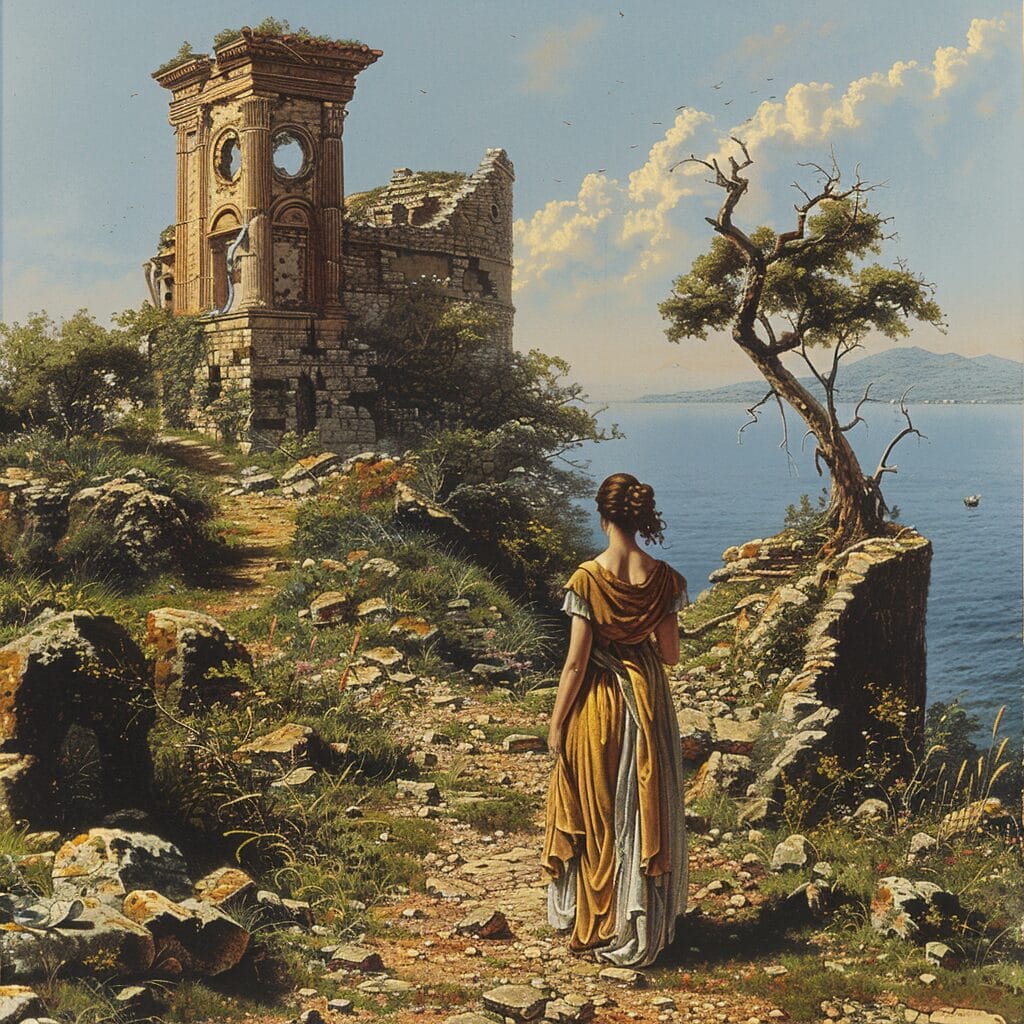

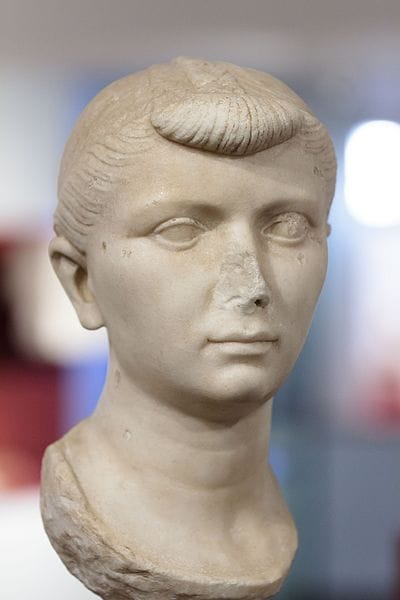
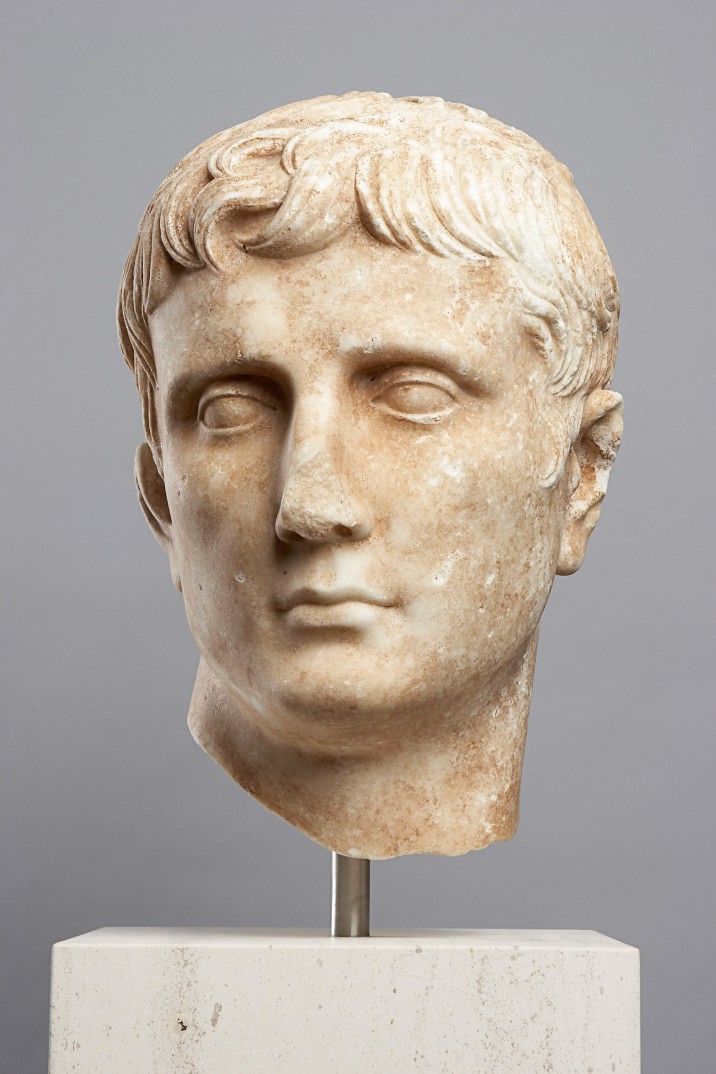



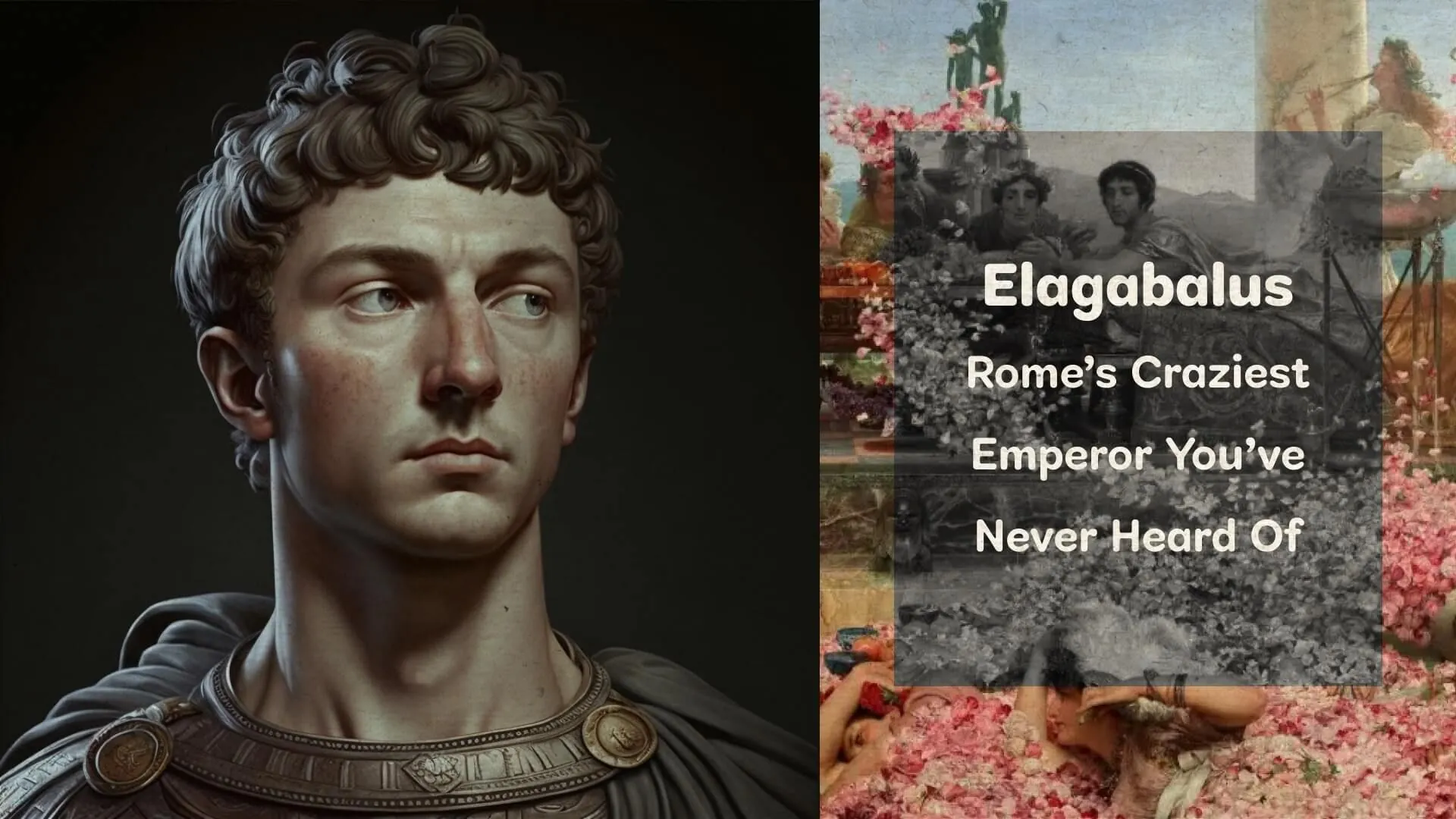


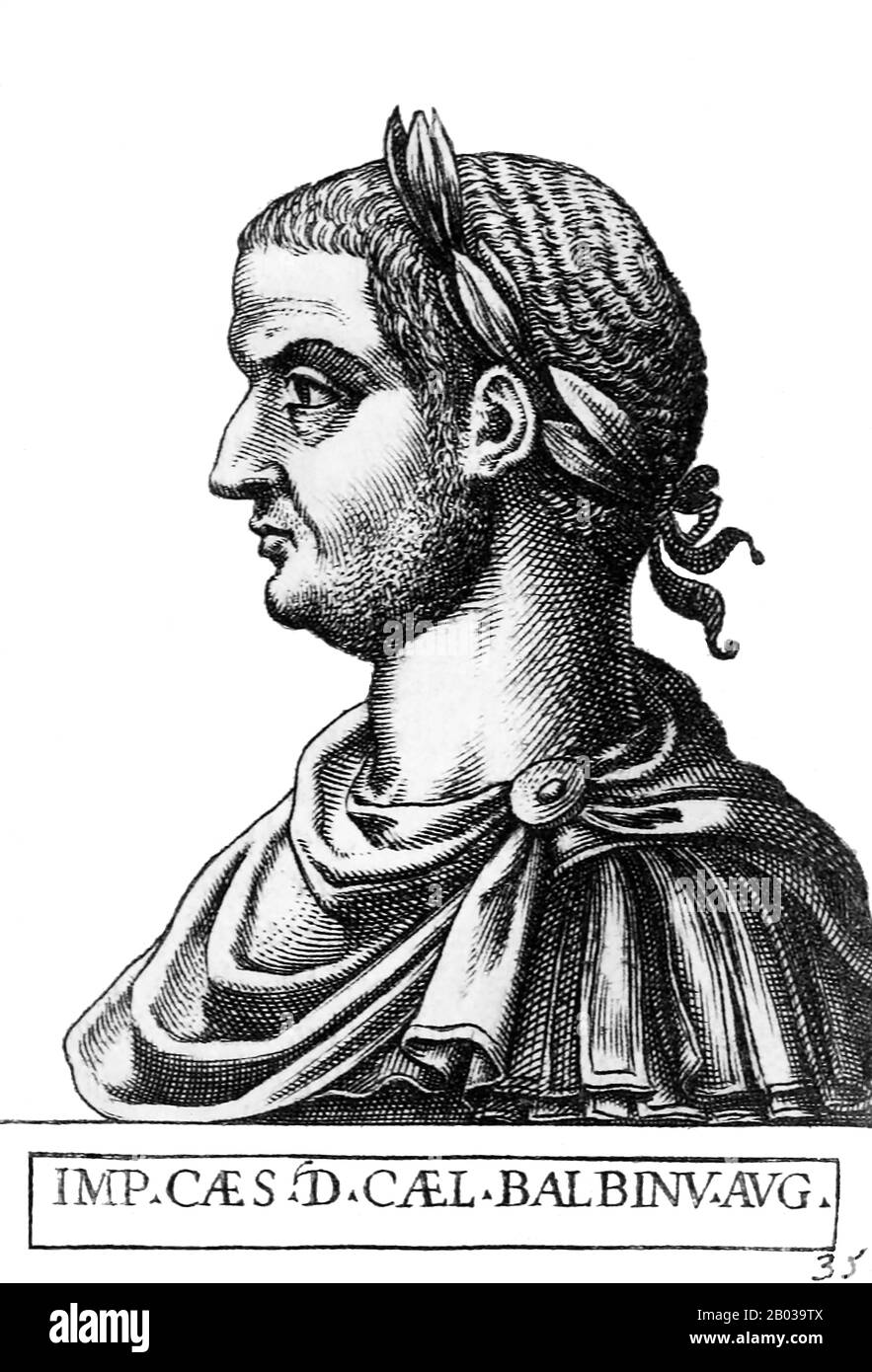
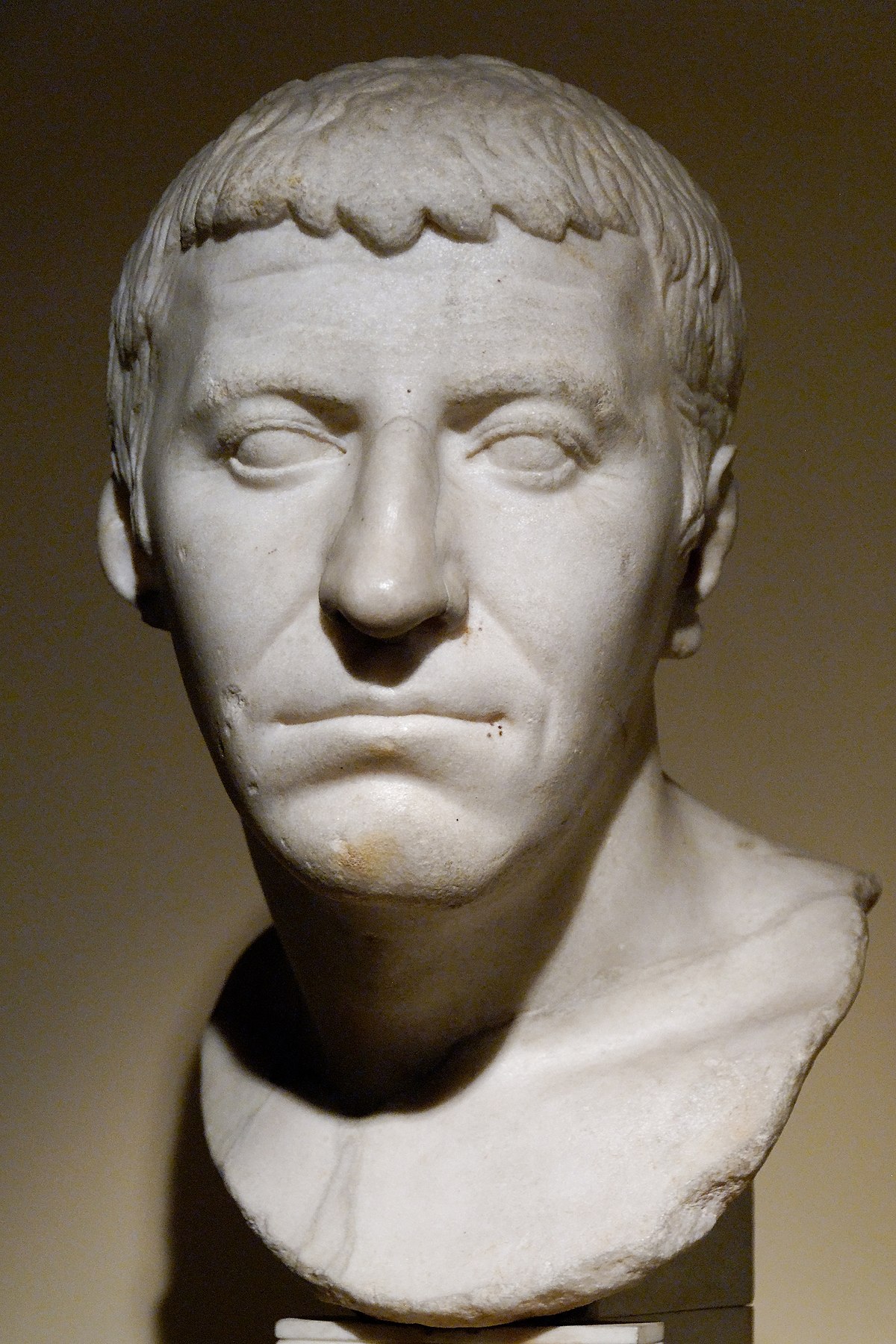
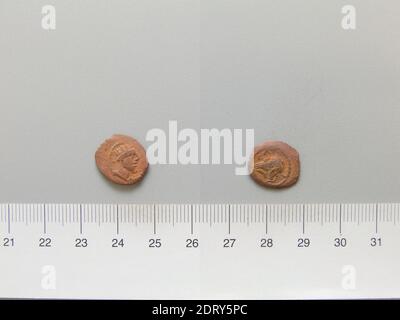




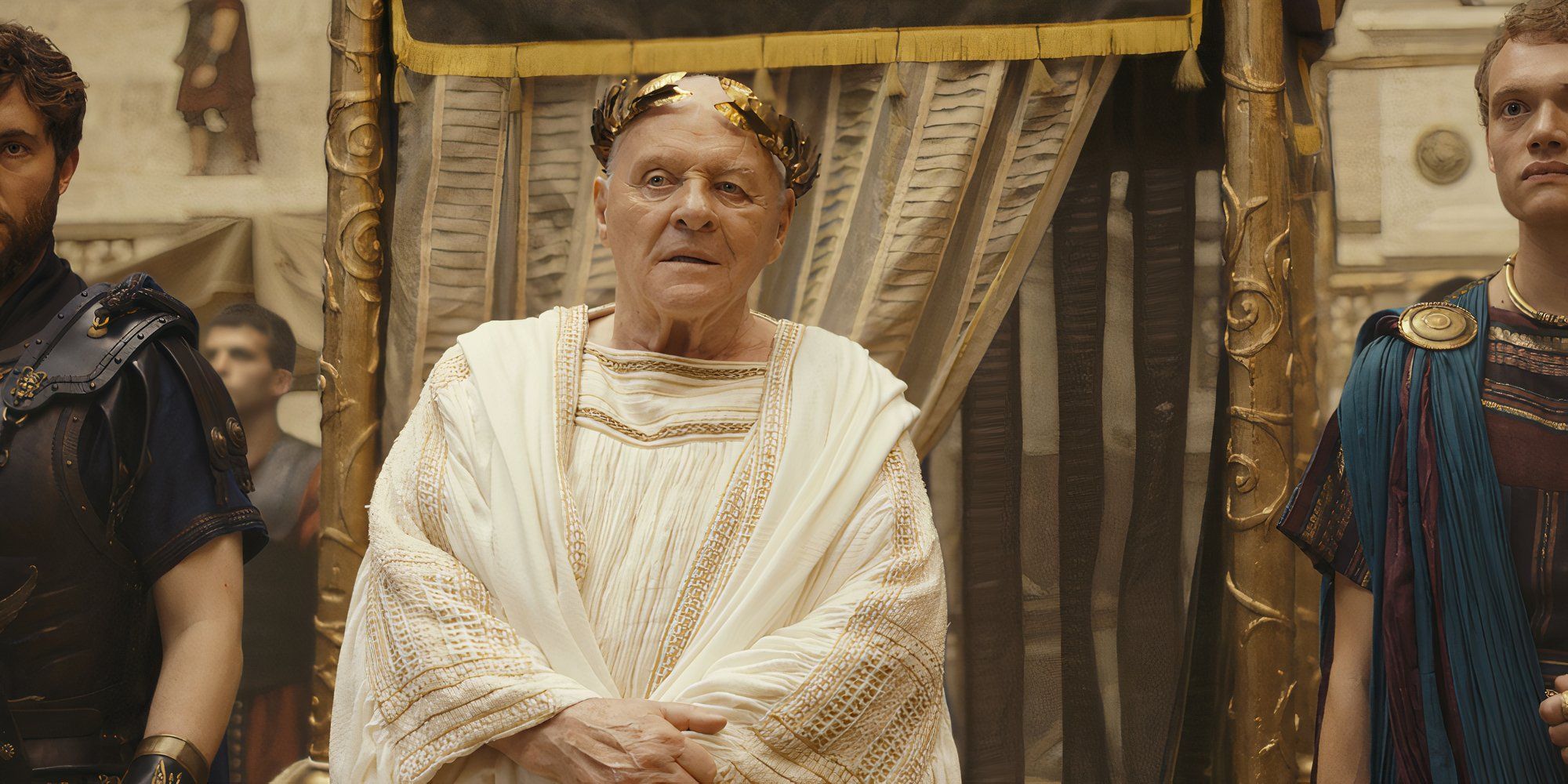
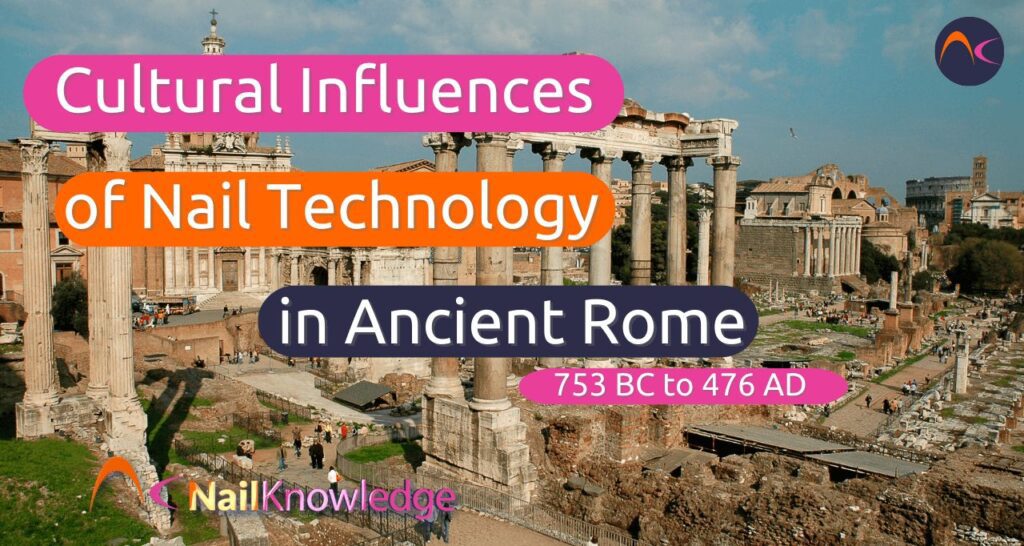
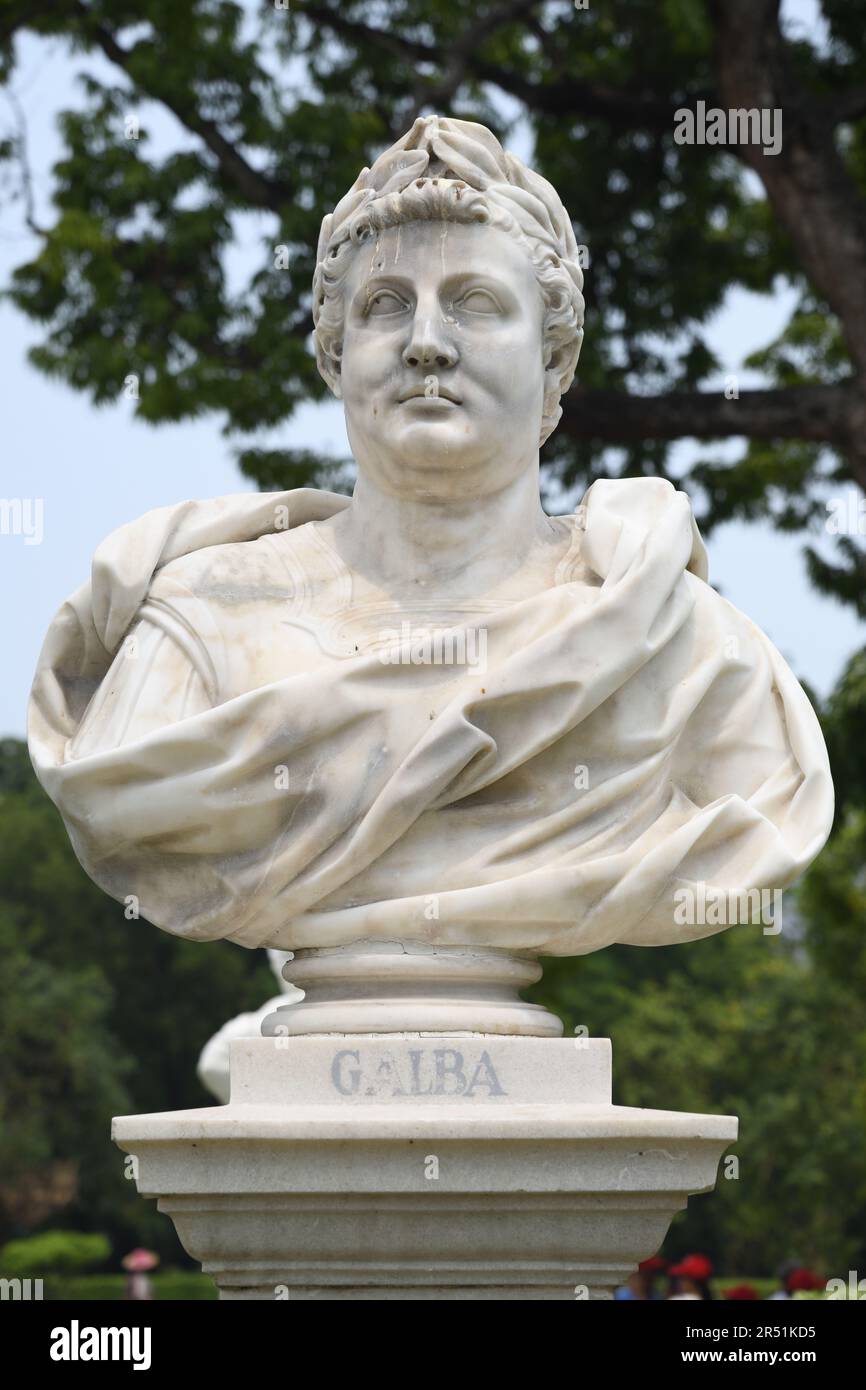



Comments